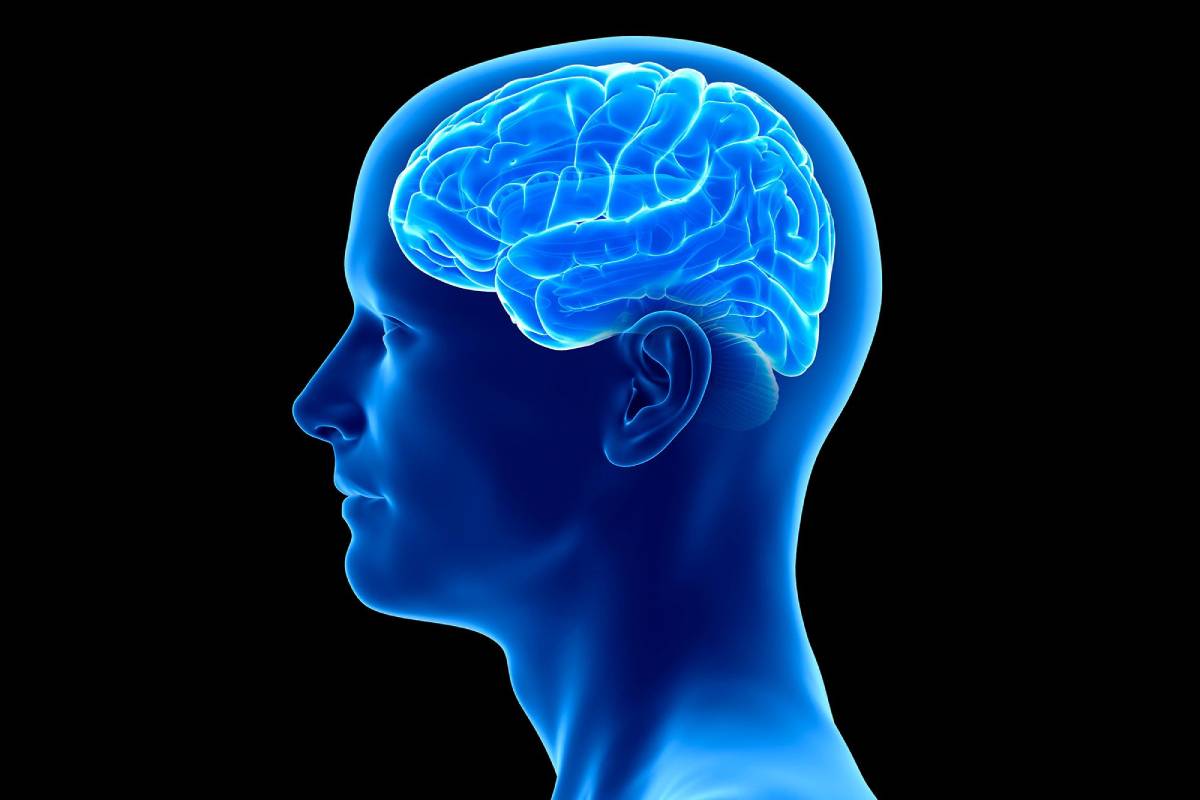Even in the present day, epilepsy is a disorder which many people fail to understand, especially in our country. Several parts of rural India are still shrouded in superstitions about epilepsy, where villagers even take seizure patients to local exorcists thinking that the person has been overpowered by ghost/supernatural.

On National Epilepsy Day, November 17, Dr Soumita Sadhukhan from the Department Of Neuromedicine, Bangur Institute of Neurosciences, IPGMER, Kolkata opens up to The CSR Journal talking about the disease and explaining how it affects the patient.
What is epilepsy?
Answering that, Dr Sadhukhan told The CSR Journal, “Epilepsy is a broad term, equivalent to a disorder, with a multitude of possible specific underlying factors ranging from injury to the brain to genetic causes. Epilepsy is a collection of diseases or disorder which have seizures in common. Here, at least two seizures should occur at least 24 hours apart, and not provoked by fresh brain injury or low blood sugar or brain infection.”
What are the symptoms of epilepsy?
Talking about the symptoms of epilepsy, the doctor said, “These can be varied, starting from unusual feeling or inexpressible discomfort, nausea, dizziness to jerky hand and leg movement. Even sudden behavioral arrest or abnormal behaviour can be a seizure manifestation. If a child skips sentences while reading or is unable to follow classes or seems to be day dreaming at school, that can be a seizure manifestation too.”
Can epilepsy be cured?
“This depends upon the underlying cause,” replied the doctor.
“Most of the childhood onset epilepsies recover by adolescence or early adulthood with very little impact on socio-professional life. Regarding epilepsy following brain injury, brain cysts or tuberculosis, usually these are well controlled with medications. In a significant group of patients, drugs can be tapered off after 2 to 3 years of seizure-free state, which on an average can be achieved by around 3 years of treatment. However certain epilepsies of early infantile onset and a few of adolescence and adult onset are associated with considerable impact on development and productivity, but they are lesser in number,” she explained.
Epilepsy affects people of which age group?
“There is no specific age group as such. Anyone be it a newborn or elderly, can fall prey to epilepsy,” expressed Dr Sadhukhan.
Does epilepsy cause brain damage and memory loss?
The neuromedicine doctor also spoke about how epilepsy affects the patient’s brain and temporary memory loss. She said, “Each attack causes impact on the brain, but not memory loss. It may be a manifestation of the underlying cause than effect of epilepsy, and medications can also contribute to it. Patients in many cases cannot recollect the seizure events but that memory loss restricts to the seizure duration only, not of events occurring before or after that.”



